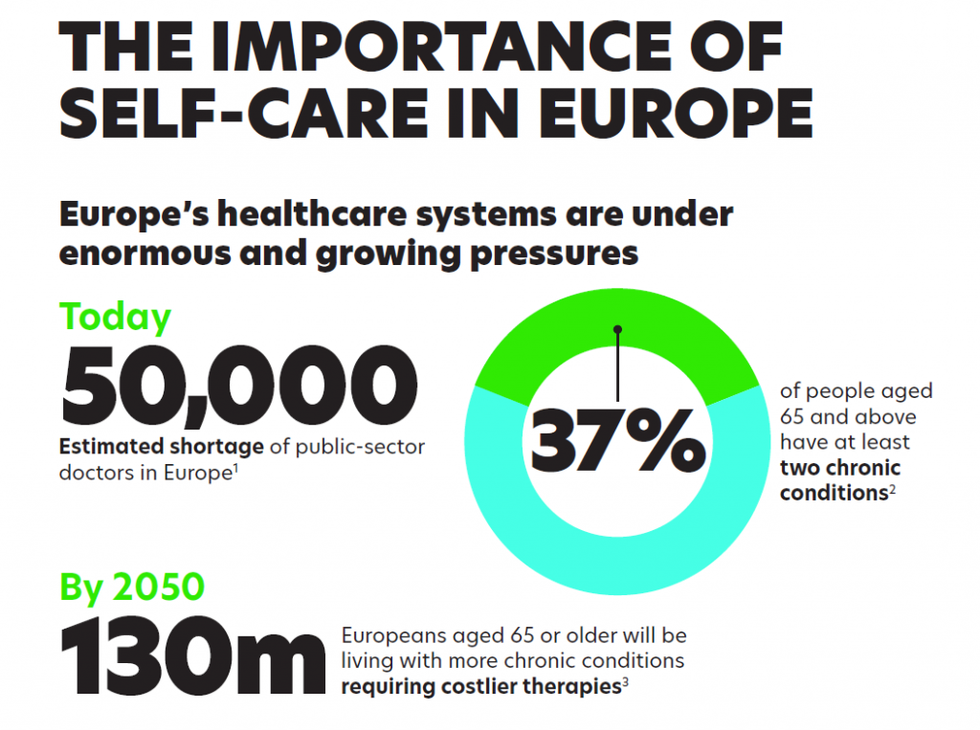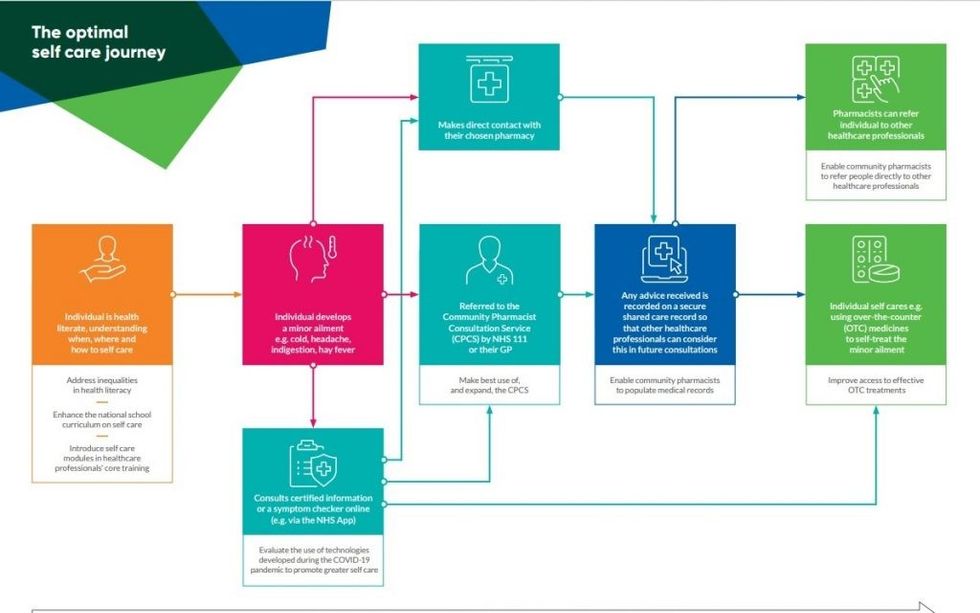By Dr Leyla Hannbeck
The recent announcement that Royal Mail will be partnering with distance selling pharmacy (DSP) giant pharmacy2U highlights how standards of regulatory enforcement are being ignored to accommodate the DSP model.
The brunt of these double standards hinges around the levelling down of temperature enforcement standards by the Medicines and Healthcare products Regulatory Agency (MHRA) which demands mapping must be audited from the point of dispensing to the patient.
The MHRA has a well recognized duty to ensure medicines reach patients in a safe condition. The current anomaly appears to turn a blind eye to this step in the supply chain at the point the wholesaler releases goods to the pharmacy hub.
Equally the training on delivering medicines safely and effectively direct to patients should apply fully to all hubs including DSPs. Why is it that DSPs are being treated differently to bricks and mortar pharmacies? It’s essentially the same patients receiving the same medicines from the same wholesalers.
A further regulatory disparity exists around how parcels must be “tracked and signed for” to be reasonably certain medicines are delivered into the hand of the intended recipient, as per existing regulations.
Clearly an untracked, unsigned package cannot be guaranteed to finish in the hands of the intended recipient.
There is a very real possibility that such omission could lead to community pharmacy closures which will, in turn, lead to unemployment and a reduction in the care services. At a time when integrated care systems have just gone live, the removal of vital support services leading to further inequalities is the wrong message for both providers and patients alike.
The Association of Independent Multiple Pharmacies (AIMp) is calling for the number of patients per pharmacist at all hubs, including DSPs, to be limited and regulated by the GPhC.
This is because there can be a clear commercial advantage for a hub operating to say 100,000 patients per pharmacist versus a hub operating to 10,000 patients per pharmacist. Any lack of regulation on this might lead to a race to the bottom on pharmacists costs.
Dr Leyla Hannbeck is the CEO of the Association of Independent Multiple Pharmacies.















 Graphics courtesy: PAGB
Graphics courtesy: PAGB